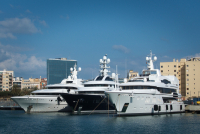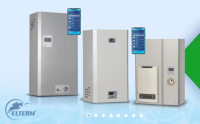The following blog post will discuss what vat consulting Europe is, why it is important for your business, and some tips on how you can go about getting in vat consulting Europe.
What is VAT and what does it mean to me
VAT is an acronym for Value Added Tax, and it stands for a consumption tax that is collected at each step in the production process, which can be up to 25 percent. VAT registration in Europe means obtaining a certificate of vat compliance Europe Union countries or a refund of vat from the EU.
This tax system was implemented by many countries in the EU to help fund their governments and reduce trade barriers among member countries.
Who needs to pay VAT
This tax is assessed on the import of goods into your country, as well as the sale and resale of such products.
For example, if you are an independent freelance designer from France and sell a design to a customer in Germany for $100 (this does not include any additional VAT), this would be recorded at €80 ($101) and the customer would be charged €80 ($101) + 18 percent VAT or $111.20 (€90).
The cost includes an amount for vat in France, but not any other country where you might have sold your design to someone else.
In this case, if you sell designs in both Germany and England, then you will need to charge vat in each country.
How do I register as a VAT-registered company in Europe
There are various ways to register as a VAT-registered company in Europe.
You can do this online through the European Union, by filling out form C112 (link) and sending it back with your payment for €50 ($56).
Or you can go to any Member State’s national tax authority office and register in person there.
What can be deducted from your taxable income if you"re registered for Vat
If you"re registered for vat in Europe, then your taxable income can be reduced by certain costs.
This includes the cost of materials that are used to produce a product as well as business expenses such as wages and rent paid on buildings or machinery.
However, there are some items that cannot be deducted from the taxable income, such as the cost of machinery.
There are also some restrictions on how much can be deducted from your taxable income and over what period it must be spread out across.
For example, if you have a large capital expenditure you may only deduct this once in any given five-year period for vat purposes.
Additionally, if you are a small business that has an annual turnover of less than €100,000 then your vat taxable income will be 20 procent lower.










